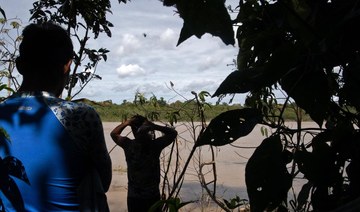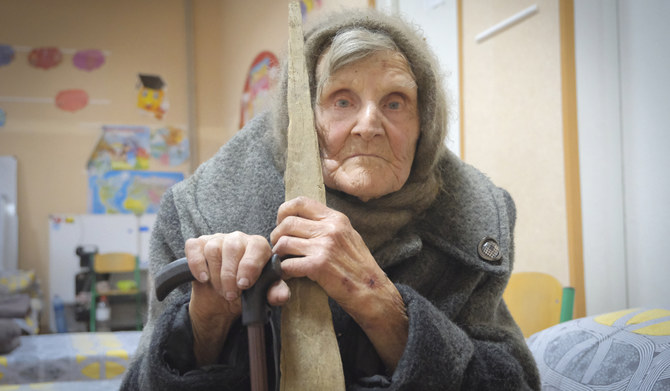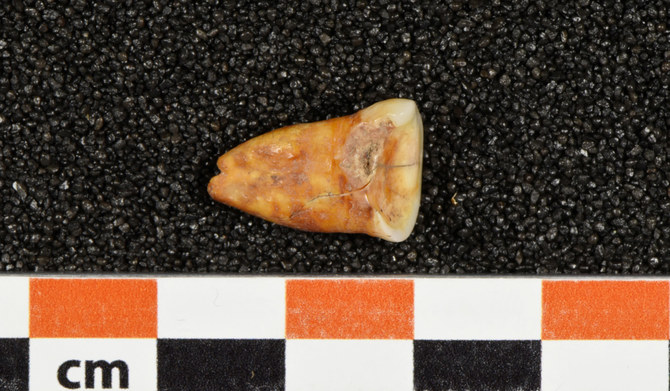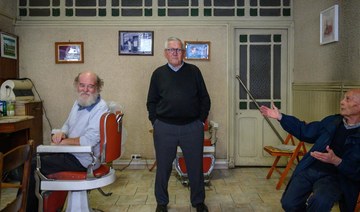British-born actor Julian Sands, best known for his role in the Oscar-celebrated film “A Room with a View,” was confirmed dead on Tuesday, five months after he went missing while out for a hike in snow-covered mountains near Los Angeles, authorities said.
Mostly skeletal human remains discovered by hikers on Saturday in the area where Sands, 65, vanished were positively identified by the San Bernardino County coroner as belonging to the actor, the county sheriff’s department said.
The performer, known to be an avid mountain climber and hiker, was reported missing on the evening of Friday, Jan. 13, after he had gone hiking alone in the Baldy Bowl Wilderness Preserve of the San Gabriel Mountains earlier that day.
A search party organized at the time was pulled out after 24 hours later due to avalanche risks and poor trail conditions. Several subsequent efforts came up empty-handed, including a major search conducted the weekend before Sands’ remains were ultimately found, according to the sheriff’s department.
Sands had ventured into the area despite weather adviseries warning that heavy snow from weeks of winter storms in Southern California had made the Mount Baldy area treacherous for outdoor recreation, with overnight temperatures dropping into the mid-20s Fahrenheit (4 to minus 4 degrees Celsius) at times.
Cellphone signals detected on Sunday, Jan. 15, showed Sands was then heading toward the ridge of Mount Baldy, apparently the last indication he was still on the move, the sheriff’s department reported then.
Sands, in a 2020 interview with The Guardian newspaper, described himself as happiest when he was “close to a mountain summit on a glorious cold morning.” He also recalled a brush with death during a climb in the Andes in the early 1990s when he became caught in a storm above 20,000 feet with three others.
“We were all in a very bad way,” he recounted. “Some guys close to us perished. We were lucky.”
Born in England as the third of five boys and educated at Lord Wandsworth College in Hampshire, Sands began his career with supporting roles in such films as “Oxford Blues,” appearing as the romantic rival of Rob Lowe’s lead character, and “The Killing Fields,” playing a young war correspondent in Cambodia.
Sands moved to California in the 1980s after the success of “A Room with a View,” an Edwardian period romance in which he was cast as the leading man opposite Helena Bonham Carter.
Based on E.M. Forster’s 1908 novel of the same title and set in England and Italy, the 1985 film was nominated for eight Academy Awards, including best picture. It won Oscars for best adapted screenplay, art direction and costume design.
Developing a knack for the horror genre, Sands also starred as a son of Satan in the 1989 supernatural thriller “Warlock” and its sequel “Warlock: The Armageddon.” He played a spider expert in the 1990 comedy-creeper “Arachnophobia,” a twisted, obsessed surgeon in 1993’s “Boxing Helena” and the title role in the 1998 film version of “The Phantom of the Opera.”
Other movies included “Leaving Las Vegas,” “Naked Lunch” and the English-language remake of “The Girl with the Dragon Tattoo.” He also appeared in more than two dozen television shows, among them “Smallville” as Superman’s biological dad Jor-El.
In recent years, Sands found success appearing in one-man stage shows reciting the poetry of Harold Pinter, John Keats and Percy Shelley, the latter of which he played in the 1986 psychological thriller “Gothic.”
Although never Oscar-nominated himself, Sands dated Jodie Foster and was her escort to the Academy Awards in 1989 the night she won her first best-actress statuette for “The Accused.” The two co-starred in the little-seen 1987 indie film “Siesta.”
But the outdoors, and mountain climbing in particular, remained a lifelong obsession.
As quoted in a 2020 interview with Thrive Global, a company founded by Arianna Huffington, Sands said climbing was not about ego or a “great heroic sprint for the summit” but rather “about supplication and sacrifice and humility.”
“It’s not so much a celebration of oneself but the eradication of one’s self consciousness. And so on these walks you lose yourself, you become a vessel of energy in harmony hopefully with your environment.”
He is survived by his second wife, Evgenia Citkowitz, a journalist, with whom he had two daughters. He also had a son by his first wife, journalist Sarah Harvey.























